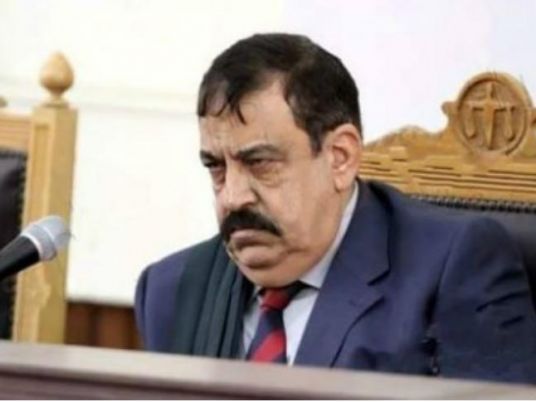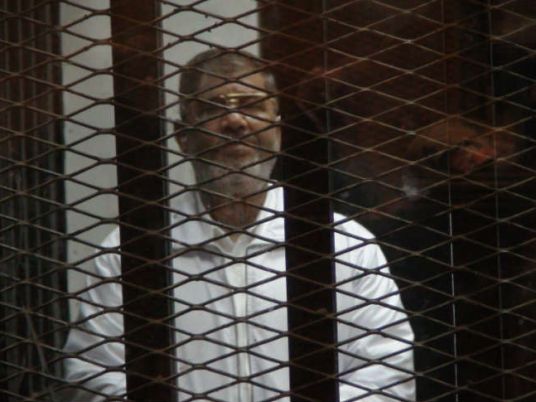
The Court of Appeals set Wednesday April 27 to decide on the recusation request filed against judge Nagy Shehata in the case known publicly as the "Cabinet events".
In December 2011, hundreds protested against the appointment of Mubarak-era minister Kamal al-Ganzouri as prime minister, leading to clashes with the security forces that left three dead and hundreds injured.
One hundred and three defendants stand trial in the case on charges of assembling, possessing weapons and Molotov cocktails, assaulting police and army personnel, burning the Egyptian Scientific Institute, attacking state institutions like the Cabinet headquarters and parliament.
On Tuesday, Cairo Appeals Court turned down a request to have Shehata replaced in the "Imbaba cell" case.
The recusation request was submitted by the lawyer for the fourth defendant in the case, who claimed that Shehata was not fit to act as judge due to his political bias against the defendants and his well-known opposition to the January 25 revolution.
Shehata is one of the the most controversial judges among political activists and regime opponents who has presided over many high-profile cases, including the trials of many protestors and Muslim Brotherhood figures.
He is known for handing down mass death sentences and terms of life-imprisonment in such cases, with many identifying him as both harsh and politically biased.
In an interview published by Al-Watan newspaper, he strongly condemned the 2011 revolution, describing it as a "loss" and an event that "has corrupted the morals of Egyptians".
During the recent interview, Shehata, who is popularly referred to as the “executions judge” for handing mass death sentences to Muslim Brotherhood supporters, described the 2011 uprising against former president Hosni Mubarak as a “loss”.
Shehta labelled political prisoners ‘swindlers’ and ‘liars’, suggesting the had always claimed to be tortured by police to tarnish the Interior Ministry.
In January 2016, after the interview and a series of controversial rulings, the hashtag "Suspend Nagy Shehata" was launched on social media, seeking the judge's suspension from duty.

